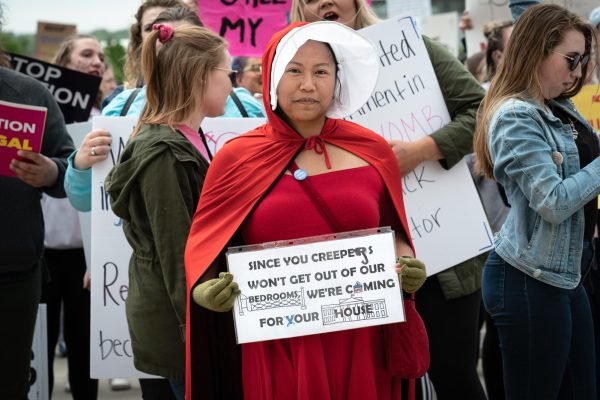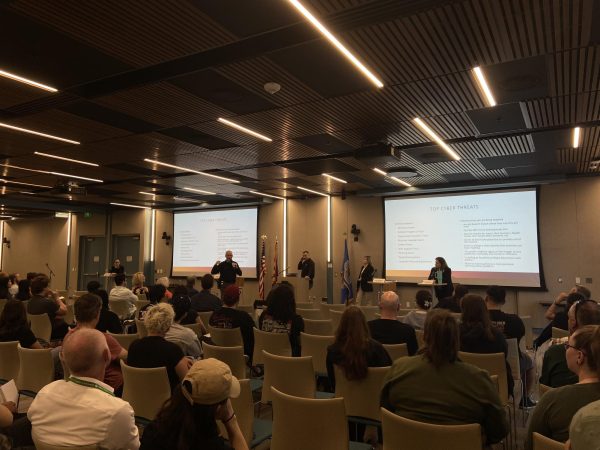College students struggle with low wages
Many students at SCC hope President Obama’s call to raise the minimum is heeded
April 11, 2015
SCC students have termed President Obama’s recent proposal to raise the minimum a sigh of relief.
In his State of the Union earlier this year, President Obama called on Congress to raise the national minimum wage from $7.25 to $10.10 an hour. As the proposal has raised hopes among the low income class, it also raised a ray of hope of better earning among students, particularly those who work in restaurants and depend on tips.
SCC student Megan Kappus said the increase to the federal wage could be a major positive for students like her.
“I basically live on tips in restaurants, employees usually work on half of minimum wage and they completely depend on tips,” Kappus said. “Sometimes it is very difficult to pay your bills or tuition fee, if your income relay on tips.”
Her parents support her often so she can pay her bills on time. She makes barely $200 per week excluding tips, which is quite less than the sum of her bills, including tuition fee and house rent.
Another student, Keitumetse Mokhonwana, said even though she has two jobs she finds herself unable to pay tuition.
“I am grateful because my mother pays my college fees,” she said. Her jobs are only enough to pay house rent and other bills including car expenses.
“I work five to six days a week and on average $400 to $500 from both jobs,” Mokhonwana said.
The minimum wage increase would definitely help her because then she would not have to work so many hours.
“I would have more time to focus on school and developing a real career,” Mokhonwana said.
Janelle Hoffman, a Hospitality & Tourism Management faculty member, said the restaurants and hotel industry is one based upon service and tipping. Some employees earn enough money and some do not.
“It might be directly related to the service they provide,” she said. “Some provide great service and make great money, others don’t serve well and they do not. It also depends on where you work – the higher end or “white table cloth” restaurant servers do very well, but so do many casual dining franchise servers.”
Hoffman further stated that the industry has been forced to cap part-time employees at 25 hours due to the required changes with the Affordable Health Care Law. If employees work over 30 hours a week, they are required to be counted into the full-time category and then the employer is required to provide health care coverage.
International student Abdul Haseeb, a computer science major, is a waiter as a hotel. But that job does not pay enough to cover his bills plus college fee for an international student.
“It is easy to pay the fee and bills for resident students who work at restaurants like me,” he said. “But what makes me different from them is that there are more taxes on me as an international student.”
Haseeb said he belongs to a developing country and came here with a dream of earning quality education. But now it is getting tough for him because he earns, on average, $150 to $200 per week. With this amount, he has to manage all things including fees, house rent and other bills.
Haseeb said Obama’s proposal would definitely students like him to earn a little more, which would make tuition and other payments a bit more palatable.












